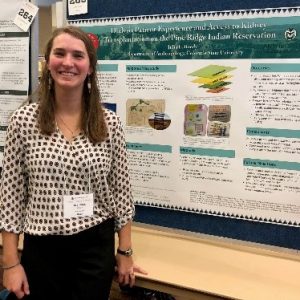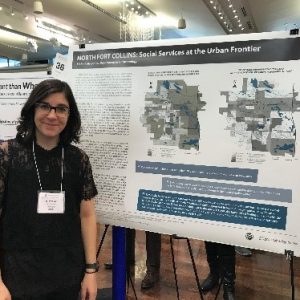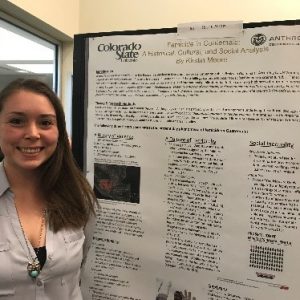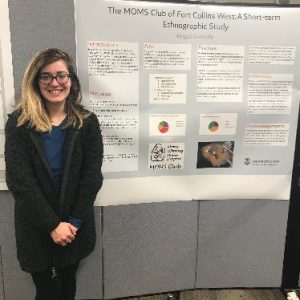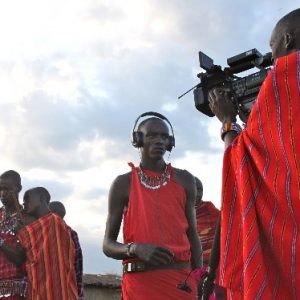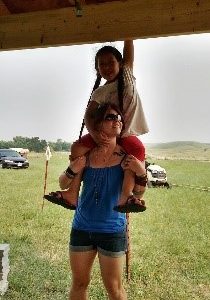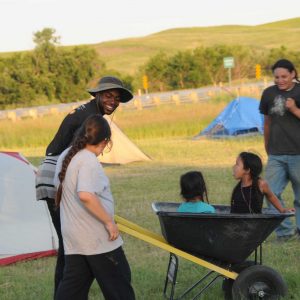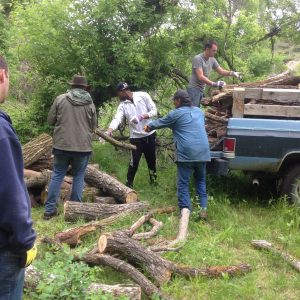Opportunities for Cultural Anthropology Students
Cultural Anthropology is the study of all living societies, what makes them similar to and different from each other. The way we come to these understandings draws on the fieldwork experience of generations of cultural anthropologists who contributed insights about what it means to experience life as a member of a society. Cultural anthropologists use the idea of culture to explore the most basic questions of human societies and to find wonder in the ordinary. Big and small, the questions cultural anthropology asks mark the beginning of understanding the heart of human belonging and how cultural ways of seeing and doing can help people adapt to the stresses of rapid change that no human on this earth can avoid.
Initial Questions Investigated by a Cultural Anthropologist:
How do people in a given place organize everyday life?
How do they make a living, and how do they interact with the natural world around them?
What kinds of food do people learn to desire, and what is considered funny?
Broader Questions Addressed by a Cultural Anthropologist
What do people in different societies see as moral or immoral?
Who has power? What kind of privileges are granted those with power?
How do they gain status and reputation?
Are the expectations of women and men different?
To address these questions, cultural anthropologists specialize in a variety of areas including business, economic, environmental, international development, linguistic, medical, psychological, risk and disaster, and sociocultural anthropology.
Careers in Cultural Anthropology
The graduate in cultural anthropology has the skills and insights to deal with global business opportunities, to enter the Foreign Service, to contribute to the initiative of non-profit organizations. Anywhere there are human questions to be considered, the cultural anthropology graduate will feel right at home.
Cultural knowledge and the skills to know how to approach cultural differences are desirable and helpful in a wide range of careers and fields. Cultural anthropology majors have successfully landed jobs in the following areas: international business, international development, work with international and national non-governmental organizations (INGOs and NGOs), work in Foreign Service, Peace Corps, organizations that support refugees and immigrant populations, and those with employees from diverse backgrounds.
Check out our suggestions for paths to success and careers in cultural anthropology.
The American Anthropological Association and the National Association for the Practice of Anthropology have additional resources about jobs and cultural anthropology career paths.
Cultural Anthropology Paths to Success
The following are examples of course sequences that prepares students for specific jobs or careers
The listed courses for particular career paths are suggestions only. Be sure to seek the advice of Keri Canada, your Academic Success Coordinator, as well as your professors to help you choose courses best suited for your career endeavors. Consult the CSU Course Catalog to ensure you are meeting degree requirements. Also, pursue practical experience through field school, practicums, internships, and volunteer opportunities.
In addition to taking the required courses for an anthropology major with a concentration in archaeology, the sections below illustrate other courses useful to specific career paths.
Environment & Sustainability
- ANTH 330 - Human Ecology
- ANTH 405 - Public Anthropology and Global Environmental Change
- ANTH 417 - Indigenous Environmental stewardship
- ANTH 442 - Ethnographic Field School for Risk and Disaster
- GR 213 - Climate Migrants
Positions available for environment and sustainability include eco-tourism, global planning, climate change research, NGOs promoting sustainable energy alternatives, educational institutions with sustainability offices, and positions with NGOs that provide aid and sustainable plans to help strengthen local communities in the US and abroad. Jobs in this category are found at Colorado State University, Non-Profit Organizations in Fort Collins, WANGO.org, and NGOJobBoard.org.
Field Schools
Internships
Health and Well-Being
- ANTH 340 - Medical Anthropology
- ANTH 379 - Evolutionary Medicine and Human Health
- ANTH 416 - Gender Culture and Health
- ANTH 423 - Cultural Psychiatry
- ANTH 445 - Psychological Anthropology
Positions available for health and well-being include work for health care institutions such as hospitals and clinics, NGOs at the local, national or international organizations that promote wellness, agencies that research disease and work to understand the relevance of cultural factors in achieving positive health outcomes. Jobs in this category are found at UC Health, Banner Health, Health District of Larimer County, Larimer County, Centers for Disease Control and Prevention (CDC), the Pan American Health Organization, and the World Health Organization.
Field Schools
Internships
The Cultural Anthropology Program Reflects the Overlapping and Diverse Research Interests of our Faculty
-

Keri A. Canada
- Academic Success Coordinator II
- Instructor
-
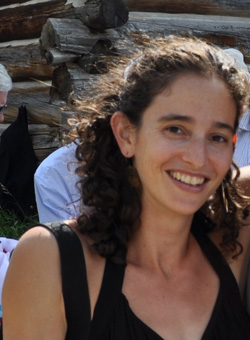
Adrienne Cohen
- Associate Professor
-
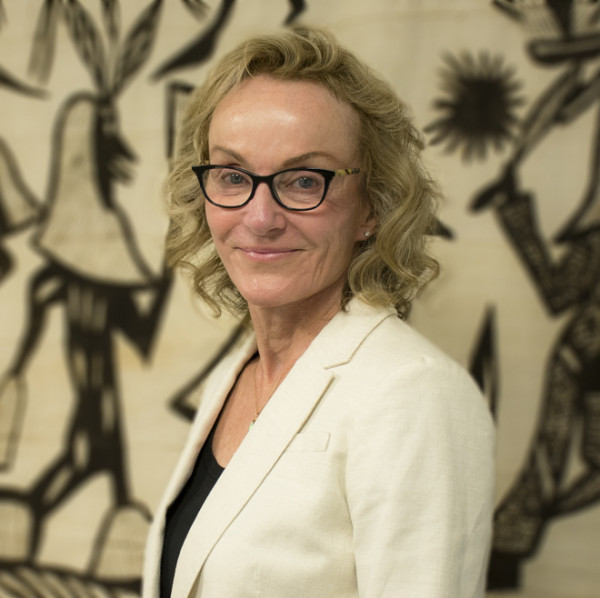
Kathleen A. Galvin
- Professor
-
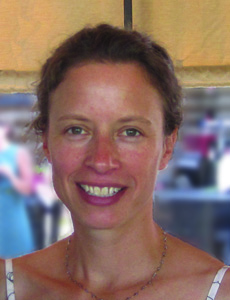
Suzanne Kent
- Associate Teaching Professor
-
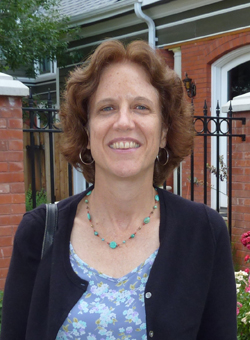
Lynn Kwiatkowski
- Professor
-
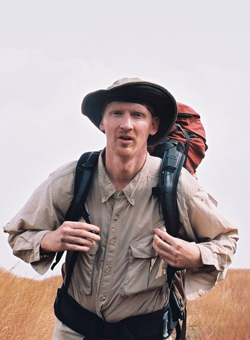
Jeffrey G. Snodgrass
- Professor
-
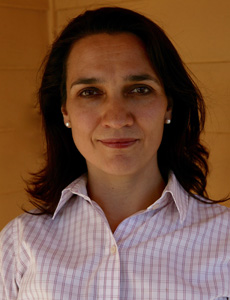
Teresa Tellechea
- Senior Instructor
-
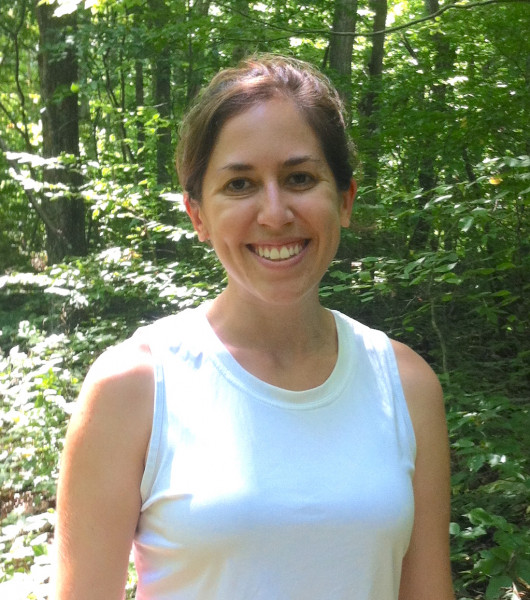
Jonna Yarrington
- Assistant Professor
Opportunities for Cultural Anthropology Students
Cultural anthropology students at CSU are encouraged to engage in research. Faculty-supervised student research projects and independent studies may concern ethnographic methods, statistics, or lab research (research design, methods, assessment, publication). These projects are made possible by faculty research facilities. A focus in cultural anthropology at CSU includes a large array of excellent classes as well as hands-on internships, small-enrollment courses in methods training, Ethnographic Field School, and a variety of study abroad programs. The rigor and breadth of this training translates well into the world that every student faces after graduation.
Opportunities to Engage in Research with Faculty Mentorship
Opportunities to Work in the Field
CSU Cultural Anthropology Labs
The cultural anthropology program at CSU provides students with opportunities to learn through experience and mentorship. As a result, our graduates have followed paths to successful careers in non-academic and academic fields
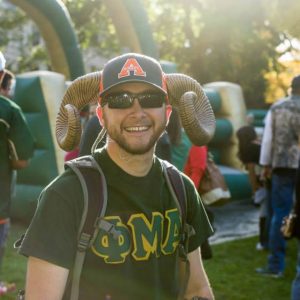
“I work with clients to determine how to build/design their workforce management software by helping translate human process into digital function. I collaborate with people all over the world and will soon start to travel. As a liaison between technology and people, I cannot express how perfect my anthropology education fits with this role. The 'Design Anthropology' class where we learned ethnography, human centered design, and social science consulting has really helped me embrace my new role here.”
- Zane Bamesberger BA’16, Solution Designer, ‘Presence of IT’
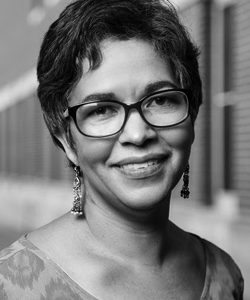
"After graduation, I obtained a Ph.D. in anthropology at the University of Florida and a Masters of Public Health in maternal and child health at Boston University School of Public Health. I have worked as a public health practitioner with county and state departments of public health and in the non-profit sector with the West Virginia Prevention Resource Center and the Boston Women’s Health Book Collective, authors of the women’s health book Our Bodies, Ourselves. Currently, I am an Assistant Professor of Maternal and Child Health in the Division of Epidemiology and Community Health at the University of Minnesota School of Public Health, Director of the Global Health Certificate Program, and affiliated faculty with the Department of Chicano/Latino Studies as well as the Department of Gender, Women, and Sexuality Studies.”
- Zobeida Bonilla MA’91, Assistant Professor, University of Minnesota
